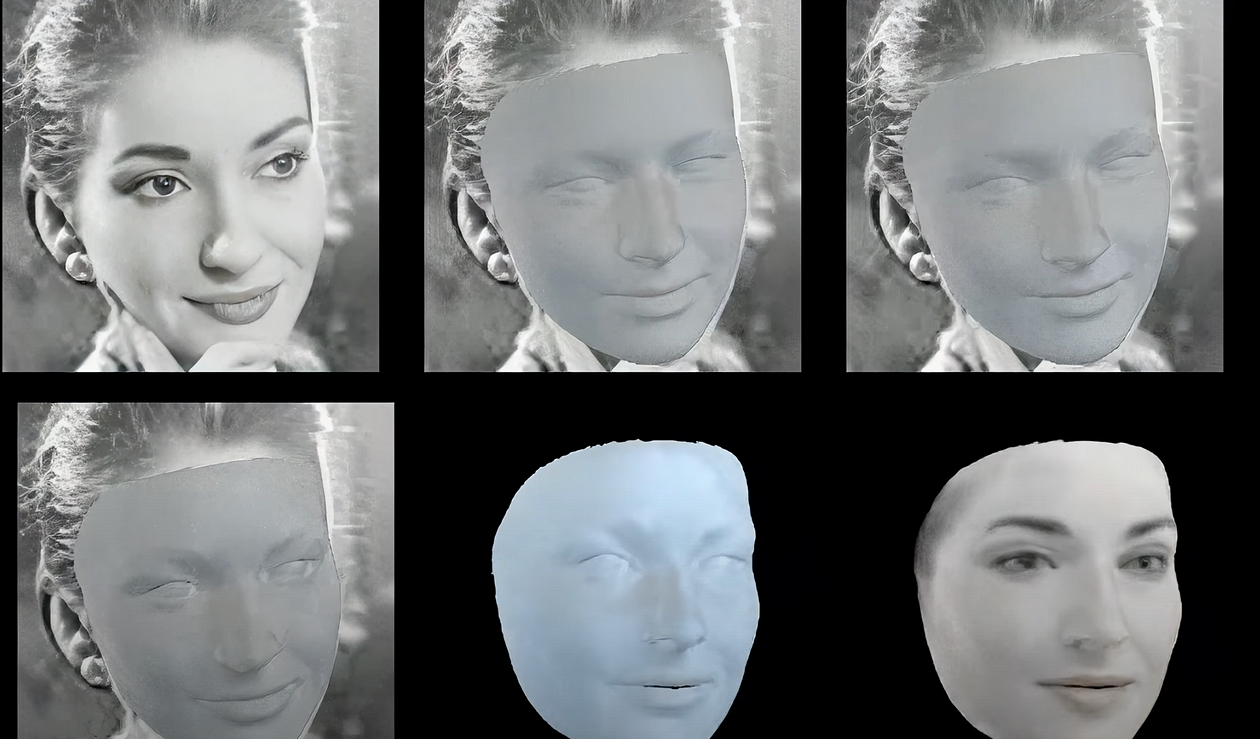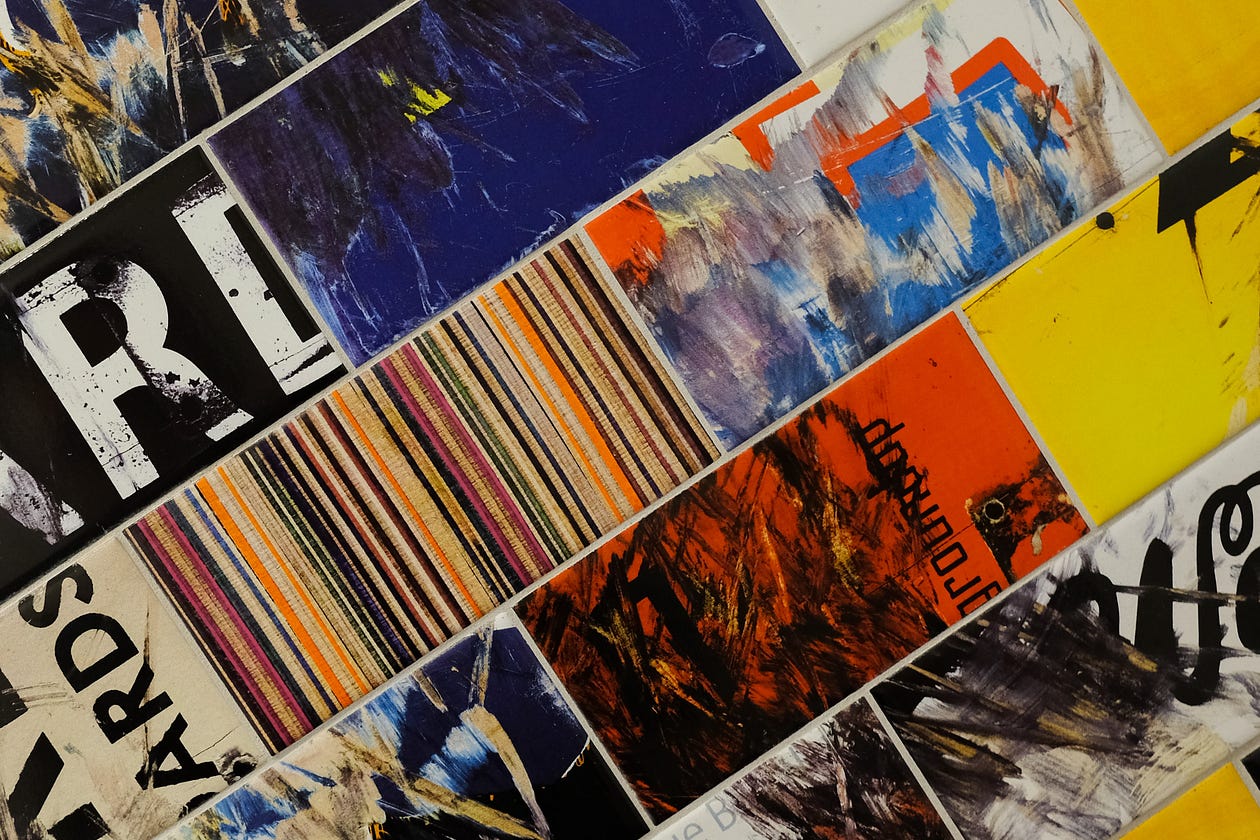Judge Finds AI-Created-Art Isn’t Copyrightable, New York Times Bans Content from Training AI Models, Photo Agencies Demand AI Copyright Protection

The week in Generative AI news is heavy on copyright protection and I sense there’s more backlash on the way as industries get to grip with the true value and purpose of artificial intelligence. It’s not all angst though because AI is being used in tracking wildlife in order to prevent biodiversity depletion. Good news indeed.
Judge Finds AI-Created-Art Isn’t Copyrightable
A federal judge upheld a finding from the U.S. Copyright Office that art created by artificial intelligence is not open to copyright protection. Intellectual property law has long upheld that only works created by humans can be granted copyright. Over the last year, the emergence of AI tools like ChatGPT and Stable Diffusion has tipped authorship on its head. This ruling is welcomed by creatives but expect it to be challenged again.
Open AI Tools Effective in Content Moderation
OpenAI said its latest GPT-4 AI model can reduce labor time for content moderation from months to hours. Content moderation is a laborious task for social media firms like Meta. Facebook uses thousands of moderators to block harmful content such as pornography and extreme violence. Microsoft and Alphabet have yet to monetize their AI technology in the same way.
New York Times Bans Content from Training AI Models
The New York Times has updated its Terms & Conditions to include rules that forbid its content from being used to train AI systems. The ruling includes text, photographs, audio/video clips, and images used in the development of artificial intelligence software programs, including machine learning and AI systems. Other automated tools like website crawlers can not use their content without permission.
AP Develop Guidelines for Use of AI in Newsrooms
The Associated Press, along with other news agencies, has issued guidelines for using artificial intelligence. AP guidelines state that AI cannot be used to create publishable content or images for the news service. The guidelines set out how to integrate tools like ChatGPT and advice on how journalists can cover a story.
AI Identifies Dozens of Wildlife Species
UK scientists celebrate a breakthrough in tracking British wildlife with AI technology that can identify specific species in thousands of hours of recordings. Researchers at the Zoological Society of London have developed AI-controlled cameras and microphones to identify the movement of animals and birds on land alongside railway lines. The UK is one of the worst nature deplete nations in the world. Monitoring biodiversity with AI will help tackle the loss of habitat and changes in animal behavior.
Photo Agencies Demand AI Copyright Protection in Open Letter
The top international photo agencies and photo associations have signed an open letter rallying for legal protection against artificial intelligence. The Associated Press, Getty Images, the European Pressphoto Agency, and others are calling for international property rights to be protected. The letter also calls for transparency of images created by data sets, including where they are sourced, and to guard against misinformation and social biases.
Universal Music Group and Youtube Collaborate for Emerging AI Initiative
YouTube has revealed that it is working on an initiative together with the Universal Music Group to research the potential of artificial intelligence in music creation and distribution. Its Music AI Incubator will investigate the potential benefits and pitfalls of using AI in music creation and will serve as a hub for musicians and producers to experiment with AI. Björn Ulvaeus of ABBA and composer Max Richter are among the first to be involved in the initiative.
How AI is Transforming Portrait Photography Studios
AI won’t replace photography and the photographer just yet but AI can be used in collaboration or as an alternative to traditional studio portraiture. The recent Photo & Imaging Shanghai 2023 Expo attracted studio and camera vendors and over 80,000 visitors. The battle is drawn between traditional photography studios like Naive Blue, which operate more than 100 studios and specialize in ID photos and AI rivals like the Alibaba-owned Miaoya app that generates 20 AI-optimized portraits for as little as $1.36.
James Dean Stars in New Film with the Help of AI
Actor James Dean died in a car crash at the age of 24 in 1955. He received posthumous Oscar nominations for his roles in Giant and East of Eden, which were released after his sudden death. Dean’s star has never waned and his Hollywood pop culture status is up there with Marilyn Monroe. Now with the help of artificial intelligence, Dean will star in Back to Eden. Dean has been digitally cloned to interact with living actors in the film.
Parity for Women in Movies Has Stalled
A new USC report found that the inclusion of women in films has stalled since the pandemic, with some aspects seeing no improvement in 14 years. In 2008, 32.8 percent of speaking characters were female. In 2019, it was 34 percent. The report found that 34.6 percent of speaking parts in the top 100 box-office hits of last year were just 34.6 percent. In other words, for every woman as a speaking character in a popular 2022 film, there were more than two men, according to the University of Southern California’s Annenberg Inclusion Initiative. Women over 45 years of age were only featured as leads or co-leads in 10 top films in 2022, while 35 films featured a man in the same age bracket. Diversity it seems, does not cut across the sexes. With the emergence of AI technology in Hollywood, there’s a danger that digital replicas of women performers could replace live actors altogether.
Ginger Liu is the founder of Hollywood’s Ginger Media & Entertainment, a Ph.D. Researcher in artificial intelligence and visual arts media — specifically grief tech, digital afterlife, AI, death and mourning practices, AI and photography, biometrics, security, and policy, and an author, writer, artist photographer, and filmmaker. Listen to the Podcast — The Digital Afterlife of Grief.







